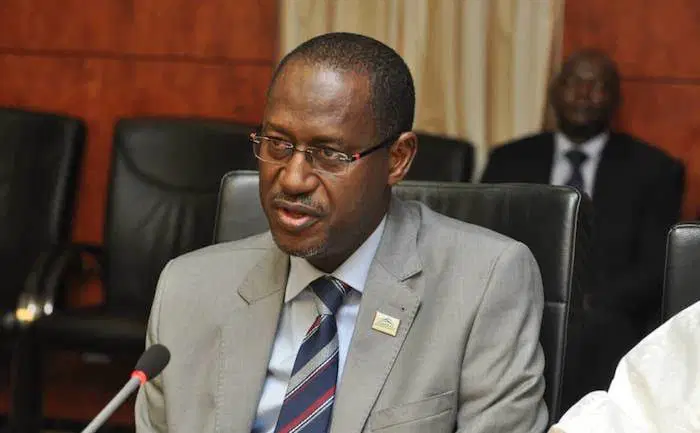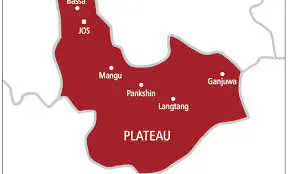- 90% of Land Unregistered: Over 90% of land in Nigeria remains unregistered, resulting in a loss of over $300 billion .
- Inefficient Land Registration: The current land registration system is slow, cumbersome, opaque, and expensive, making it difficult for landowners to leverage their assets .
- Challenges in Land Governance: Nigeria faces challenges in land governance, including lack of systematic framework, inefficient property registration, limited access to land records, and inadequate regulations .
- National Digital Land Information System: The Ministry of Housing and Urban Development plans to develop and inaugurate a National Digital Land Information System (NDLIS) to modernize land administration .
- Increased Formalization: The ministry aims to increase the formalization of land transactions from less than 10% to over 50% in the next 10 years .
- Support from Senate Committee and World Bank: The National Land Registration and Documentation Programme has received support from the Senate Committee on Lands, Housing and Urban Development, as well as the World Bank .
Nigeria is facing a significant challenge with land registration, with over 90% of land in the country remaining unregistered, according to the Minister of Housing and Urban Development, Ahmed Dangiwa. This has resulted in a staggering loss of over $300 billion due to longstanding land registration challenges.
The root of the problem lies in the non-compulsory and sporadic land registration system that has been in place since 1883. This process is slow, cumbersome, opaque, and expensive for the average landowner, making it difficult for them to leverage their assets for economic purposes.
Some of the challenges facing land governance in Nigeria include:
- Lack of systematic framework: There is no credible and uncontested framework to identify property ownership, interests, and locations.
- Inefficient property registration: The current sporadic system has resulted in less than 10% of land being registered.
- Limited access to land records: There is a lack of authoritative data to support effective land administration.
- Inadequate regulations: The Land Use Act of 1978 lacks necessary regulations to facilitate its implementation.
To address these challenges, the Ministry of Housing and Urban Development plans to develop and inaugurate a National Digital Land Information System (NDLIS) to modernize land administration. The ministry aims to increase the formalization of land transactions from less than 10% to over 50% in the next 10 years.
The National Land Registration and Documentation Programme has received support from the Senate Committee on Lands, Housing and Urban Development, as well as the World Bank, which sees the program as a key step towards unlocking Nigeria’s economic potential and eradicating poverty.



















